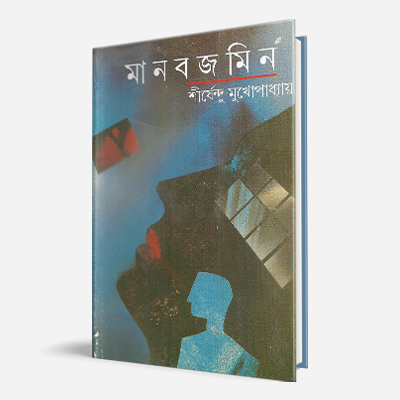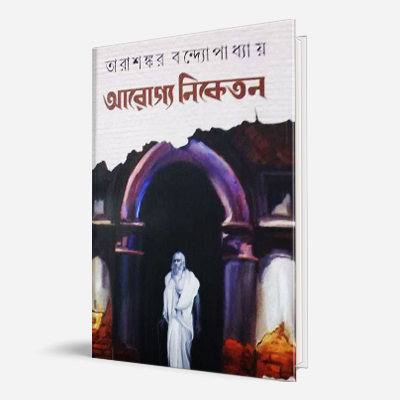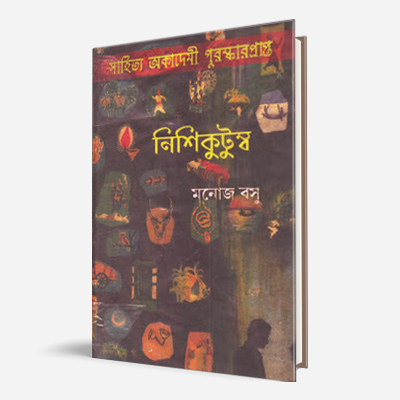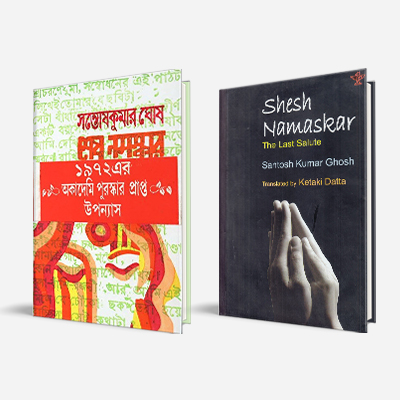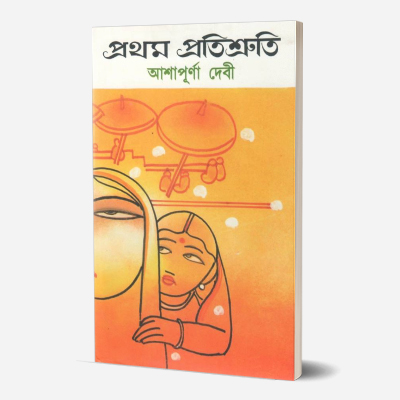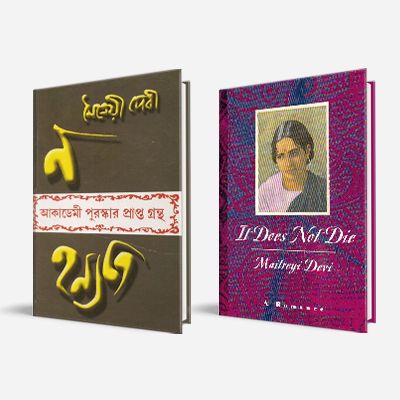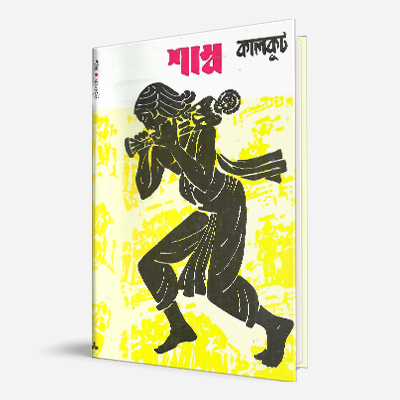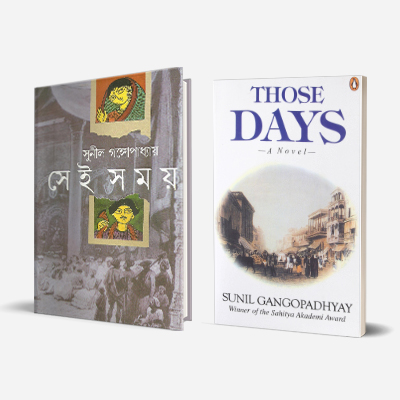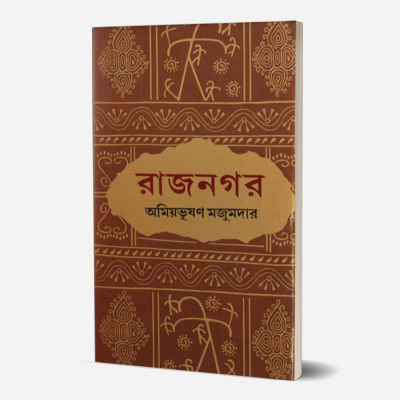Manabjamin
By Shirshendu Mukhopadhyay
AWARD: Sahitya Akademi (1989)
Referred to as a modern epic, Manabjamin won the Sahitya Akademi Award in 1989. The central character of the novel is Deepnath, and the story is woven with what happens to the families of his brothers and sister, his own emotional involvements and his reflective reaction to these happenings. The novel gives us a vivid picture of the unrelieved tragedy of the Indian middle-class life in the urban milieu and also of the palpable limitation of its range. It has an intensity about it which distinguishes it from the other works of this category. It is written in an impassioned style and the whole novel seems to be keyed to the same pitch to such an extent that every character in the novel tends to be equally clever and at times brilliant in his or her articulation. One may even get the impression that the central character spouts the author’s attitude to the human situation as he visualizes it.
About the Author
Shirshendu Mukhopadhyay is a famous Bengali author, known for creating the relatively new fictional sleuths Barodacharan, Fatik and Shabor Dasgupta. A deep undertone of spirituality runs through his works. They add to the depth, but never hinder the flow. Mukhopadhyay credits this to the influence of his guru Thakur Anukulchandra. Mukhopadhyay delved into the world of children’s literature in the mid-1970s, and got instant success with the novel Manojder Adbhut Bari. Mukhopadhyay has penned nearly 100 books of short stories and novels for adult readers, and 34 for teenagers.
Also read
Goynar Baksho
Originally published in 1993 by Ananda Publishers, Goynar Baksho is a novella by Shirshendu Mukhopadhyay which has also been translated into English as The Aunt Who Wouldn’t Die.It is a frenetic, funny and tug-at-your-heartstrings tale of love, family, and freedom centered around three generations of Mitra women who are surprising at every turn and defy all expectations—Somlata who got married into the dynastic but declining Mitra family, the embittered matriarch Pishima alias Roshomoyee who turns into a sharp-tongued ghost and a book-loving, scooter-riding, rebellious teenager, Boshon—and the different relationships they share with their heirloom, a box of jewels, which in turn, reflects the transition in the role of women in society as the characters reveal the gravity of their striking depth and definition. Aparna Sen adapted Goynar Baksho into an award-winning film of the same name in 2013.
Ghoonpoka (Woodworm)
An existential masterpiece published in 1967, Ghoonpoka (Woodworm) was Shirshendu Mukhopadhyay’s debut novel which came out in the annual Puja edition of the magazine Desh. It has been translated into 14 languages including English. It a rare and captivating examination of existential crisis in the canon of Bengali literature starts with its protagonist Shyam Chakraborty having just quit from his plush, secured and well-paying job in a reputed firm where he was in line for the big post, on account of an expletive used by an irate boss. For someone who was habituated to disciplined existence, terrific self-confidence and even a dash of smugness, taking exceptional care of his external appearance, and living in a cocoon where the vagaries of the outside world failed to touch him, the transition post the loss of his job turns out to be so striking that he turns into a different individual in a matter of days. His dynamism gets replaced with extreme stasis, ennui, and urban alienation as he wanders through bustling metropolis of Calcutta while steadily dissociating from his essential sense of being—palpably evoking the existential void and the oppressive meaninglessness which informed the raison d’être” of Kafka or Camus’s body of work. Nabaneeta Dev Sen, a well-known Bengali novelist and critic, in her appreciation of the book observes: ‘Shirshendu’s protagonist believes in purging, in divine grace, and in rebirth. Death for him is not a closure but a fresh start. It is a tale of the reaffirmation of lost values, a quest for innocence and eternal truth. Rooted in Eastern Philosophy, in his desire to redefine himself and to establish a connection with the undying cosmic force, Shyam is a far cry from Mersault.’
